When there is state there can be no freedom, but when there is freedom there will be no state
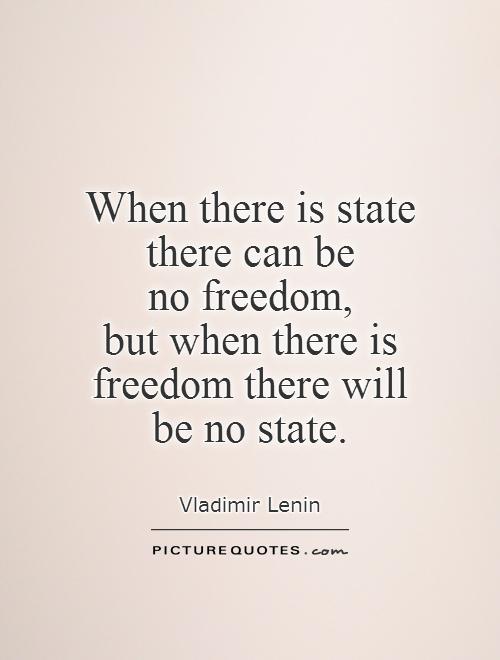
When there is state there can be no freedom, but when there is freedom there will be no state
Vladimir Lenin, the revolutionary leader and founder of the Soviet Union, is often quoted as saying, "When there is state there can be no freedom, but when there is freedom there will be no state." This statement encapsulates Lenin's belief in the ultimate goal of communism, which is the establishment of a classless society where the state withers away and individuals are free from oppression and exploitation.Lenin's words reflect his Marxist ideology, which views the state as a tool of the ruling class to maintain their power and control over the working class. In Lenin's view, the state is inherently oppressive and serves to protect the interests of the bourgeoisie at the expense of the proletariat. Therefore, true freedom can only be achieved when the state is abolished and replaced with a system of collective ownership and control of the means of production.
Lenin's vision of a stateless society is rooted in the idea of a dictatorship of the proletariat, where the working class seizes power and establishes a transitional government to facilitate the transition to communism. This government, according to Lenin, would be a temporary measure to suppress counter-revolutionary forces and consolidate the gains of the revolution. Once the conditions are ripe for the establishment of communism, the state would gradually wither away as class distinctions and social inequalities are eliminated.
Lenin's words have been interpreted in different ways by scholars and political theorists. Some see them as a call for the abolition of the state and the establishment of a truly free society, while others view them as a justification for authoritarianism and the concentration of power in the hands of a vanguard party. Regardless of the interpretation, Lenin's words continue to inspire debate and discussion about the nature of freedom, the role of the state, and the possibility of creating a more just and equitable society.
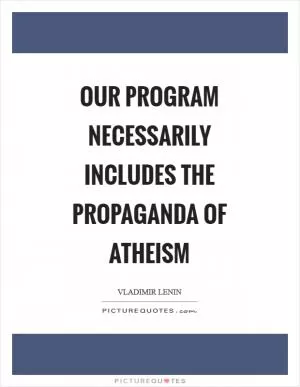
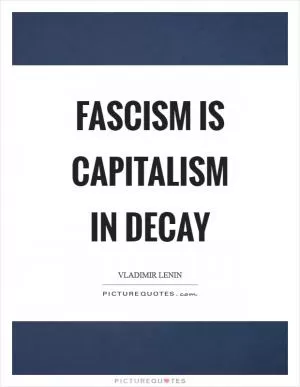
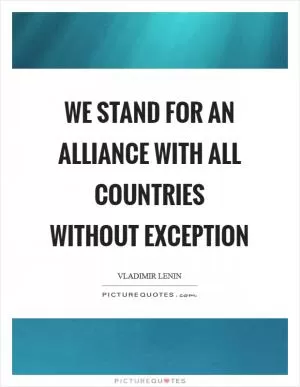
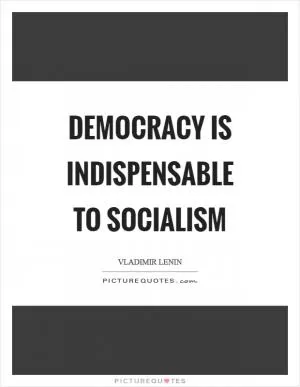
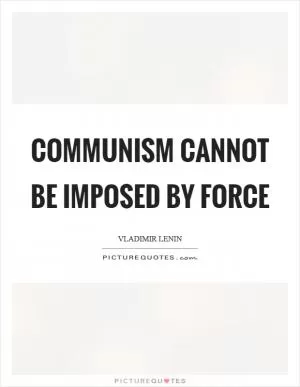
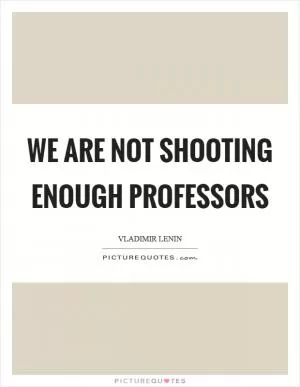
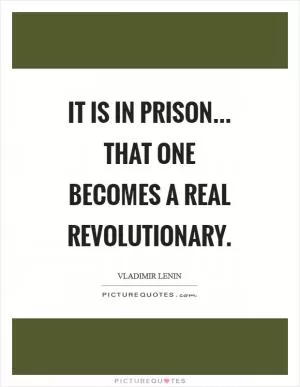
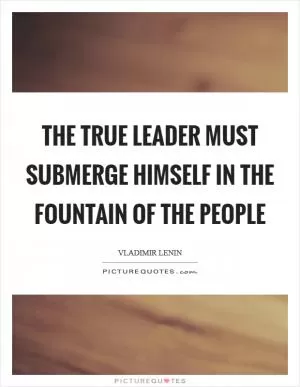
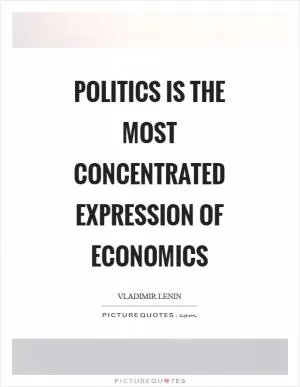
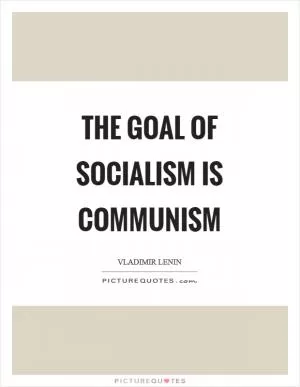
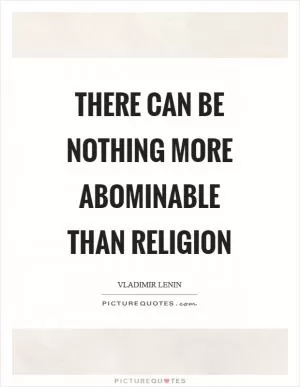
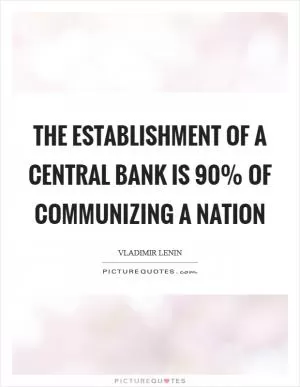
 Friendship Quotes
Friendship Quotes Love Quotes
Love Quotes Life Quotes
Life Quotes Funny Quotes
Funny Quotes Motivational Quotes
Motivational Quotes Inspirational Quotes
Inspirational Quotes